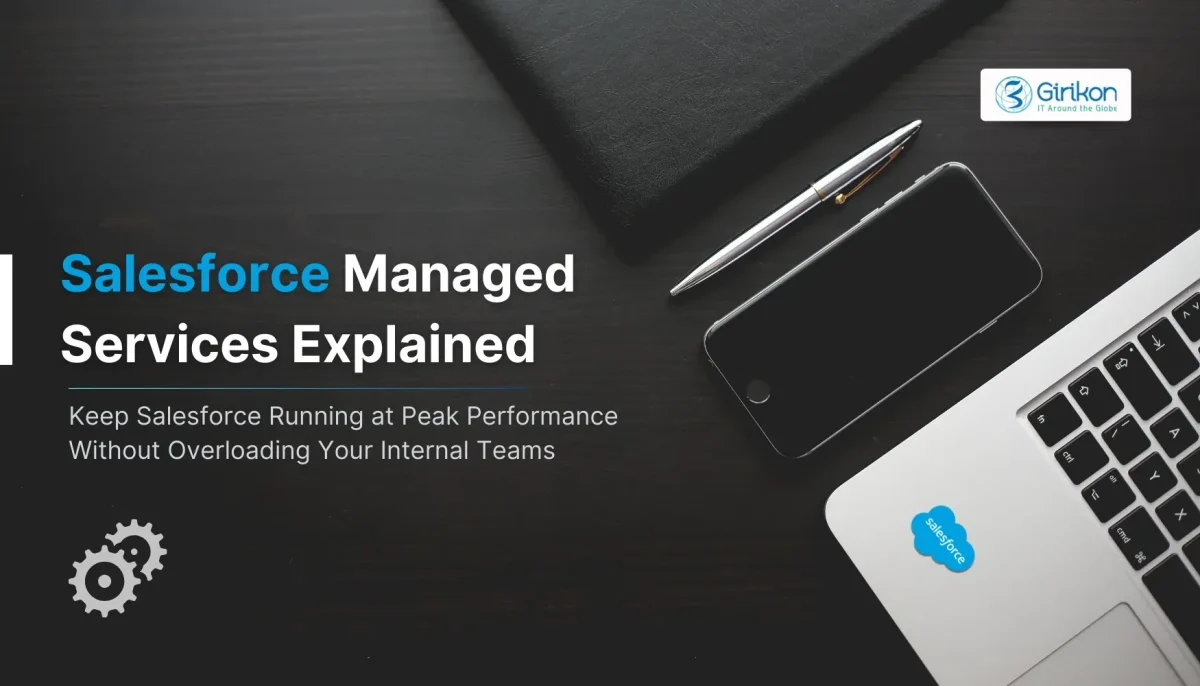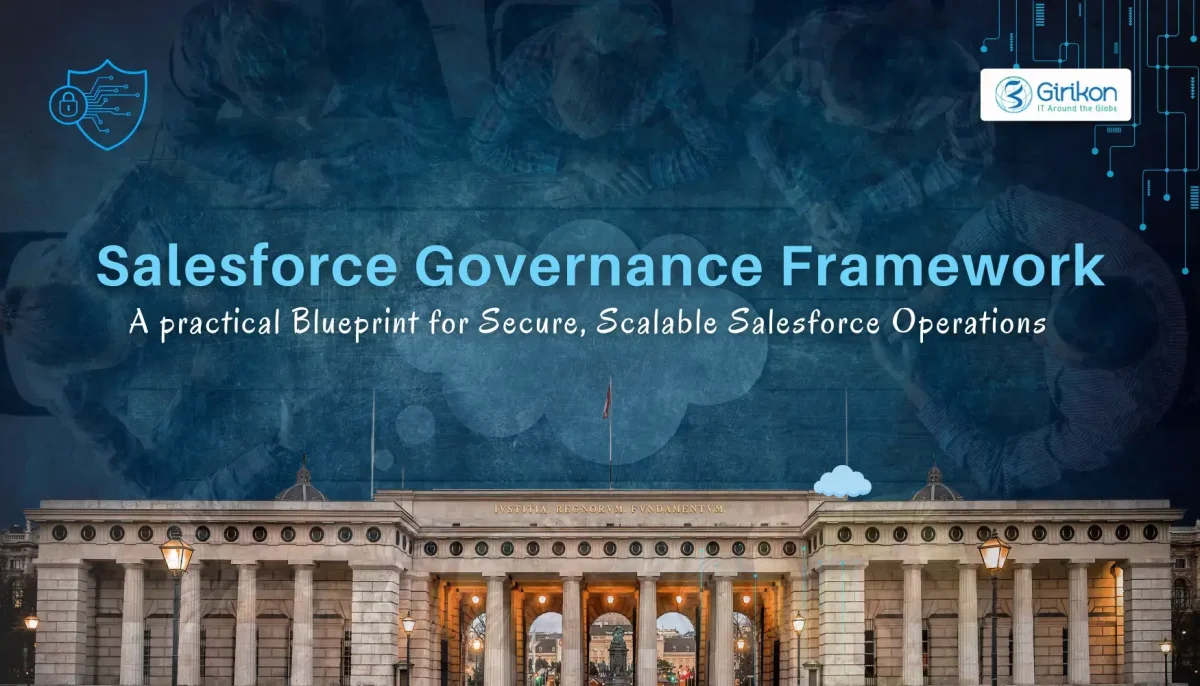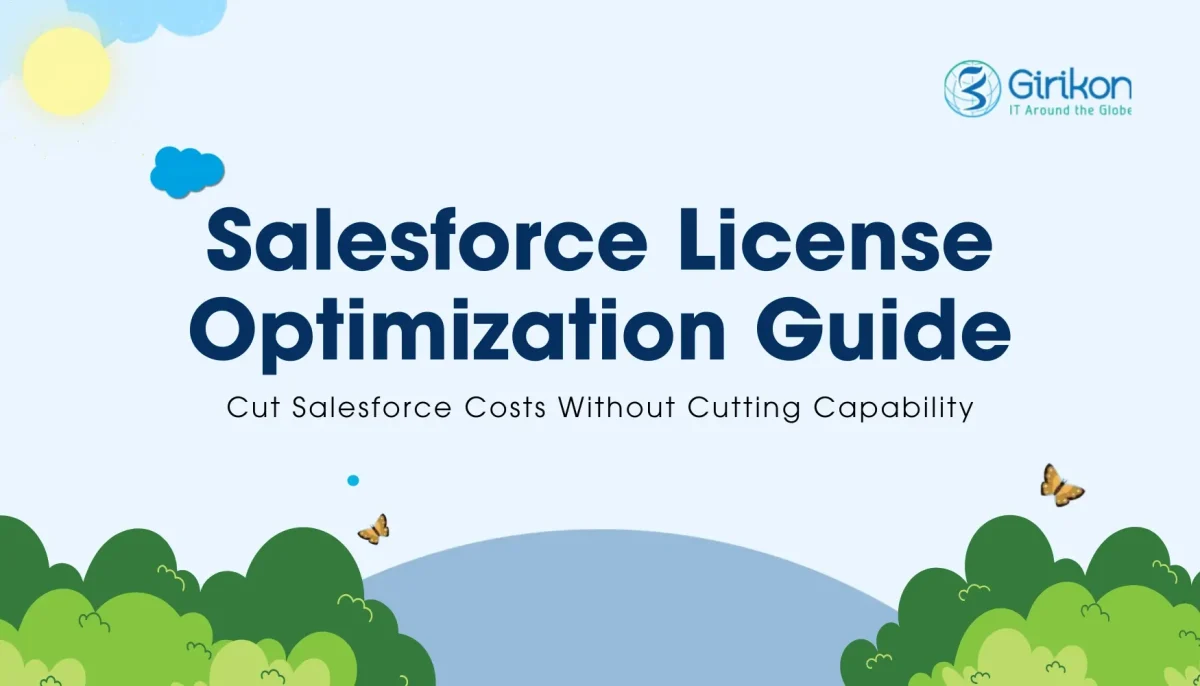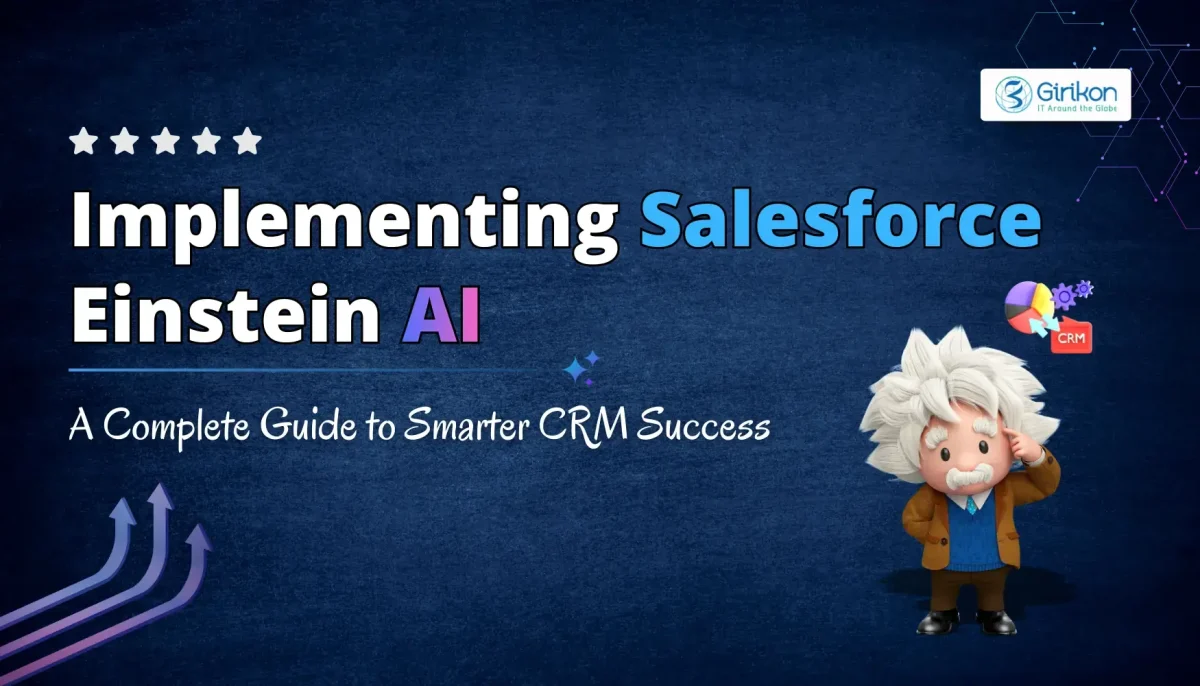It seems we can’t find what you’re looking for. Perhaps searching can help.
- Services
- Salesforce Cloud
- Salesforce Consulting Services
- Salesforce Sales & Service Cloud
- Salesforce OmniStudio
- Agentforce Consulting Services
- Salesforce Experience Cloud
- Einstein
- Data Cloud
- Salesforce Development Services
- MuleSoft Consulting Services
- Salesforce Integration Services
- Salesforce Support
- Salesforce Marketing Cloud
- Force.com App Development
- Salesforce Lightning Services
- HubSpot Services
- Salesforce Cloud
- Company
- AI Services
- Products
- Industries
- Insights
- Contact Us

 +1-480-241-8198
+1-480-241-8198 +44-7428758945
+44-7428758945 +61-1300-332-888
+61-1300-332-888 +91 9811400594
+91 9811400594



















